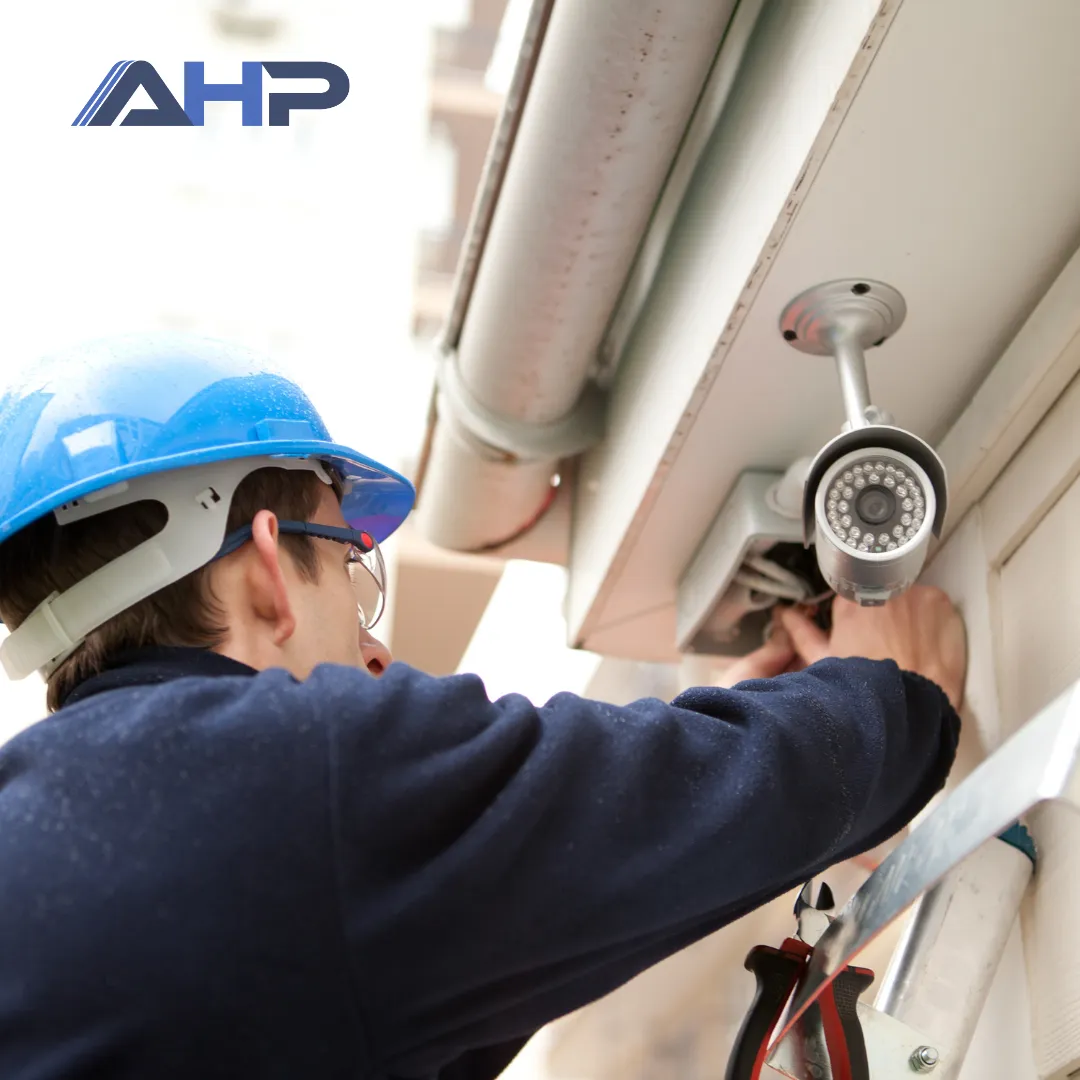Recent Articles

Comparing DIY vs. Professional Home Security System Installation
Comparing DIY vs. Professional Home Security System Installation
When it comes to securing your home, choosing between DIY and professional home security system installation is one of the most important decisions you’ll make. Both options come with their own set of advantages and considerations. To help you make an informed choice, let's compare DIY and professional installation in terms of cost, convenience, flexibility, and effectiveness.
1. Cost
Cost is one of the main factors homeowners consider when deciding between DIY and professional installation.
DIY Installation: DIY systems are typically more affordable upfront. You purchase the equipment and handle the installation yourself, avoiding labor costs associated with professional setups. Many DIY security systems are modular, allowing you to start with a basic setup and add components over time as your budget permits. However, some systems may still charge monthly fees for monitoring or cloud storage services.
Professional Installation: Professional installations tend to have higher upfront costs due to the labor involved. Additionally, many professionally installed systems come with a monthly monitoring fee, which can range from $20 to $60 or more. On the upside, professional systems often come with comprehensive packages that include monitoring, installation, and customer support.
Verdict: DIY is the more budget-friendly option, especially if you’re comfortable installing the system yourself. Professional installation may be more costly but provides greater peace of mind with full-service support.
2. Ease of Installation
The level of difficulty in installing a home security system varies greatly between DIY and professional setups.
DIY Installation: DIY systems are designed for easy installation. Most come with detailed instructions or app-based guidance to walk you through the process. Components like cameras, sensors, and alarms are often wireless, meaning you won’t need to worry about complicated wiring. However, you are responsible for ensuring everything is set up correctly, which may be challenging for some homeowners.
Professional Installation: With professional installation, the heavy lifting is done for you. A trained technician will install the system, make sure everything is functioning properly, and provide guidance on how to use it. This option is ideal for those who are not comfortable with technology or don’t want to spend time on the installation process.
Verdict: If you prefer a hands-off approach, professional installation is the better choice. DIY systems are perfect for tech-savvy individuals who are comfortable setting up the equipment themselves.
3. Flexibility and Customization
Both DIY and professional systems offer varying levels of flexibility and customization.
DIY Installation: DIY systems provide significant flexibility. You can choose which components to install, where to place them, and when to expand the system. This allows you to tailor the security system to fit your specific needs. If you move to a new home, most DIY systems are easy to uninstall and take with you. Many DIY systems also offer app-based controls, making customization simple and user-friendly.
Professional Installation: Professional systems are also customizable but may be less flexible when it comes to adding or removing components. With many professionally installed systems, you may be locked into a contract, limiting your ability to make changes. Additionally, relocating a professionally installed system may involve extra fees or require professional assistance.
Verdict: DIY systems offer more flexibility in terms of customization and mobility, while professional systems may be more rigid due to contracts and the complexity of installation.

4. Monitoring Options
Monitoring is a critical aspect of home security, as it determines how alerts are handled when the system detects a threat.
DIY Installation: Most DIY systems offer self-monitoring, meaning you’ll receive alerts via your smartphone or app if something triggers your alarms. You are responsible for contacting authorities in case of an emergency. Some DIY systems offer optional professional monitoring for a monthly fee, which can give you added peace of mind.
Professional Installation: Professional systems almost always include 24/7 monitoring by a dedicated security company. If an alarm is triggered, the monitoring center is immediately notified and can dispatch emergency services if needed. This round-the-clock surveillance offers a higher level of security compared to self-monitoring.
Verdict: Professional monitoring is more reliable for comprehensive security, but DIY systems with optional monitoring can provide a cost-effective solution for those who want flexibility.
5. Reliability and Support
The reliability of your home security system is paramount, and the level of support you receive can vary between DIY and professional systems.
DIY Installation: With DIY systems, you are responsible for troubleshooting issues and maintaining the equipment. While many DIY systems offer online resources, forums, or phone support, the level of service may not match that of professional systems. Additionally, DIY systems rely on your Wi-Fi network, so any issues with connectivity can affect performance.
Professional Installation: Professionally installed systems come with dedicated support and maintenance services. If something goes wrong, you can contact the provider for immediate assistance. These systems often have backup features like cellular connectivity, ensuring that your security system remains operational even during internet outages.
Verdict: Professional systems offer higher reliability and support, making them ideal for homeowners who want the assurance of quick assistance in case of problems. DIY systems can be reliable but may require more hands-on maintenance.
6. Long-Term Commitment
The long-term commitment required varies depending on the installation type.
DIY Installation: Most DIY systems do not require long-term contracts, giving you the freedom to change or cancel services as needed. This is ideal for homeowners who want flexibility without being tied to a specific service provider.
Professional Installation: Many professional systems require a contract, typically ranging from one to three years. While this ensures continuous service, it may limit your ability to change providers or modify the system without incurring fees.
Verdict: DIY systems provide more flexibility with no contracts, while professional systems often require a long-term commitment.
Both DIY and professional home security system installations have their advantages, depending on your budget, technical comfort, and security needs.
Choose DIY if you want a budget-friendly option, flexibility, and are comfortable setting up and monitoring the system yourself.
Opt for Professional Installation if you prefer expert setup, 24/7 professional monitoring, and dedicated support.
For homeowners who value convenience and reliability, professional installation may be worth the investment. If you’re looking for flexibility and cost savings, DIY systems are an excellent choice. Regardless of the path you choose, securing your home with the right system will provide the peace of mind you need.

